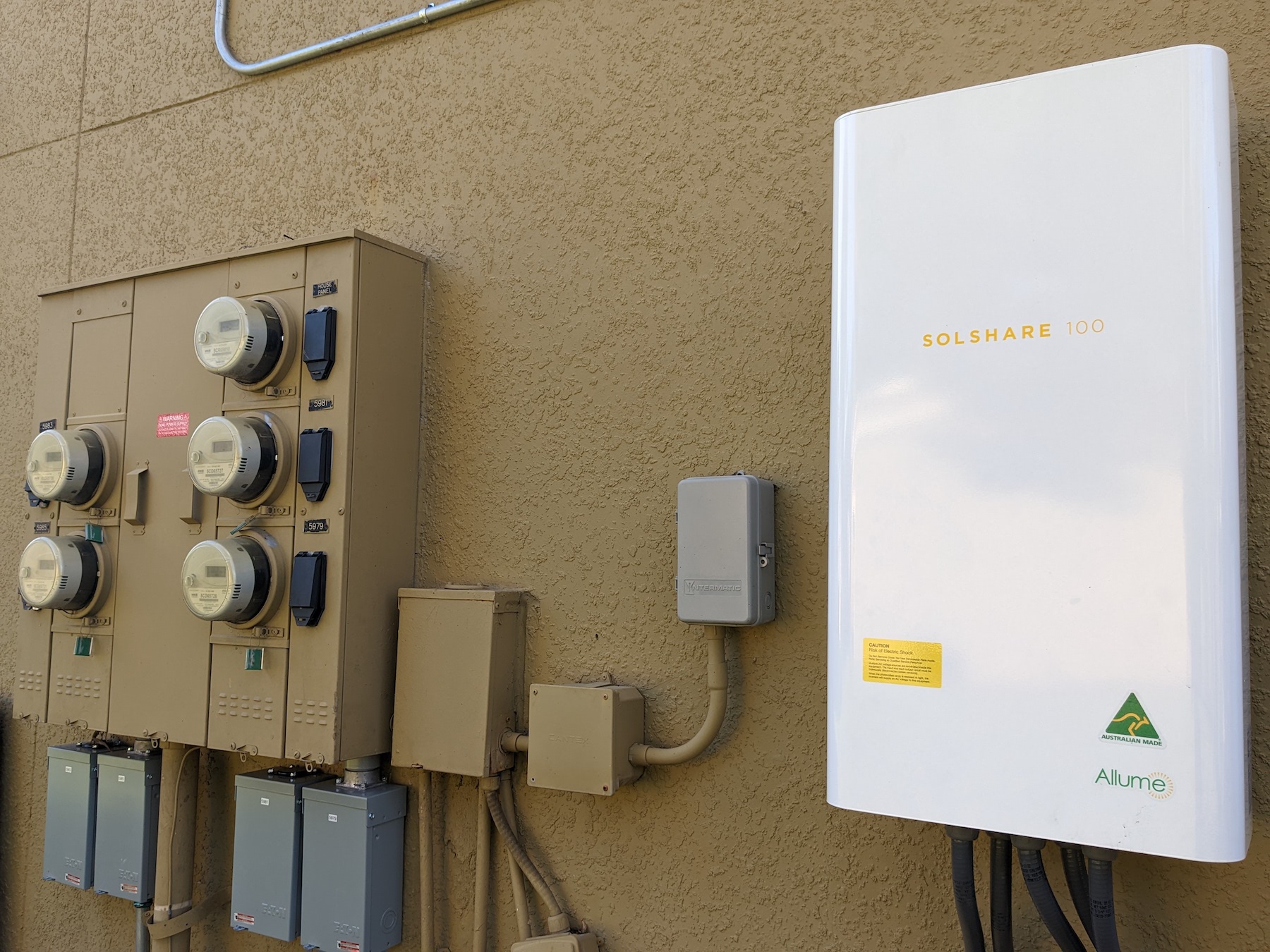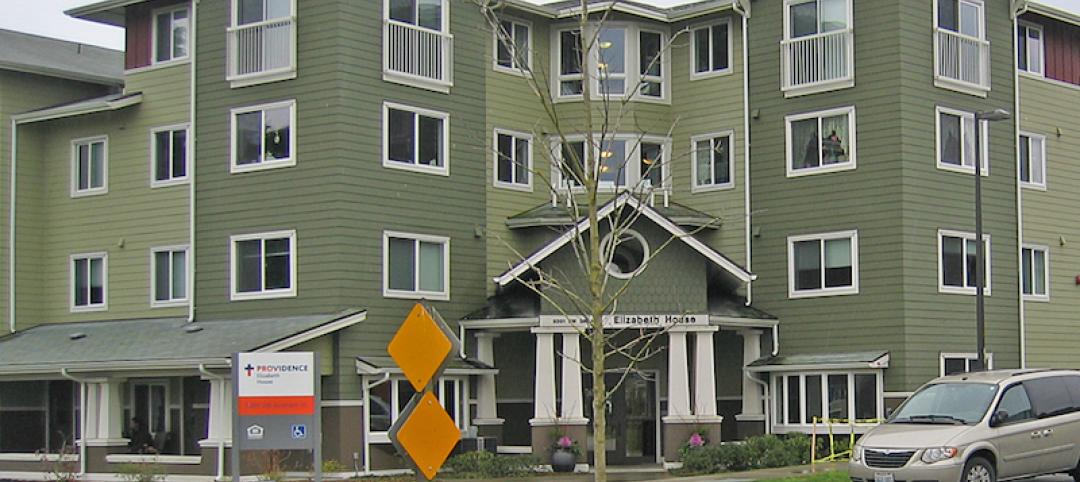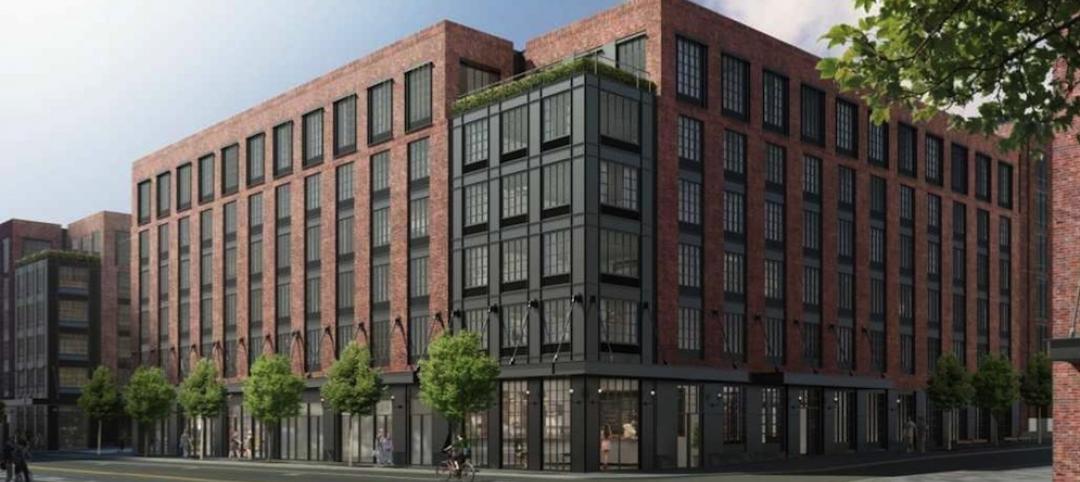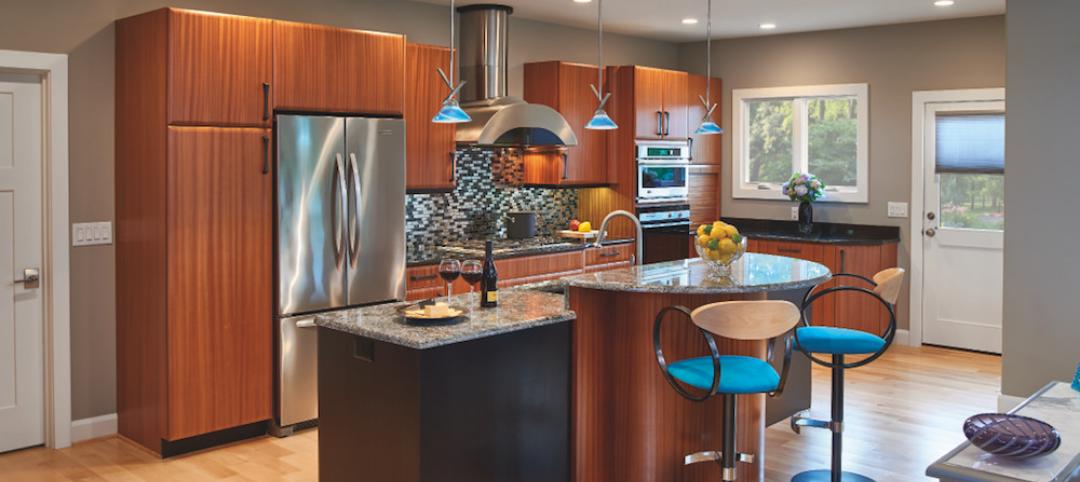Last January, a survey of 10,237 U.S. adults, conducted by Pew Research Center, found that 8% had installed solar panels on their homes, and another 39% had given serious thought to installing solar panels within the previous 12 months.
However, the growth in solar energy alternatives has been mostly confined to commercial buildings and to single-family detached households. Lower-income households, which represent 43% of the U.S. population, are more likely to reside in multifamily buildings that don’t have the mechanical/electrical infrastructure to distribute rooftop-captured solar energy to individual apartments.
Allume Energy is looking to change that. The Australia-based company, with offices in Los Angeles, recently completed its first successful U.S. deployment of SolShare, the company’s shared solar energy technology. Its pilot in the U.S. is a complex in Orlando, Fla., where Allume has connected 65 apartments. Another smaller project in Jackson, Miss., has nine apartment connections. In Jackson, the local utility lowered the application cost because the building caters to lower-income tenants.
Controlling the energy flow
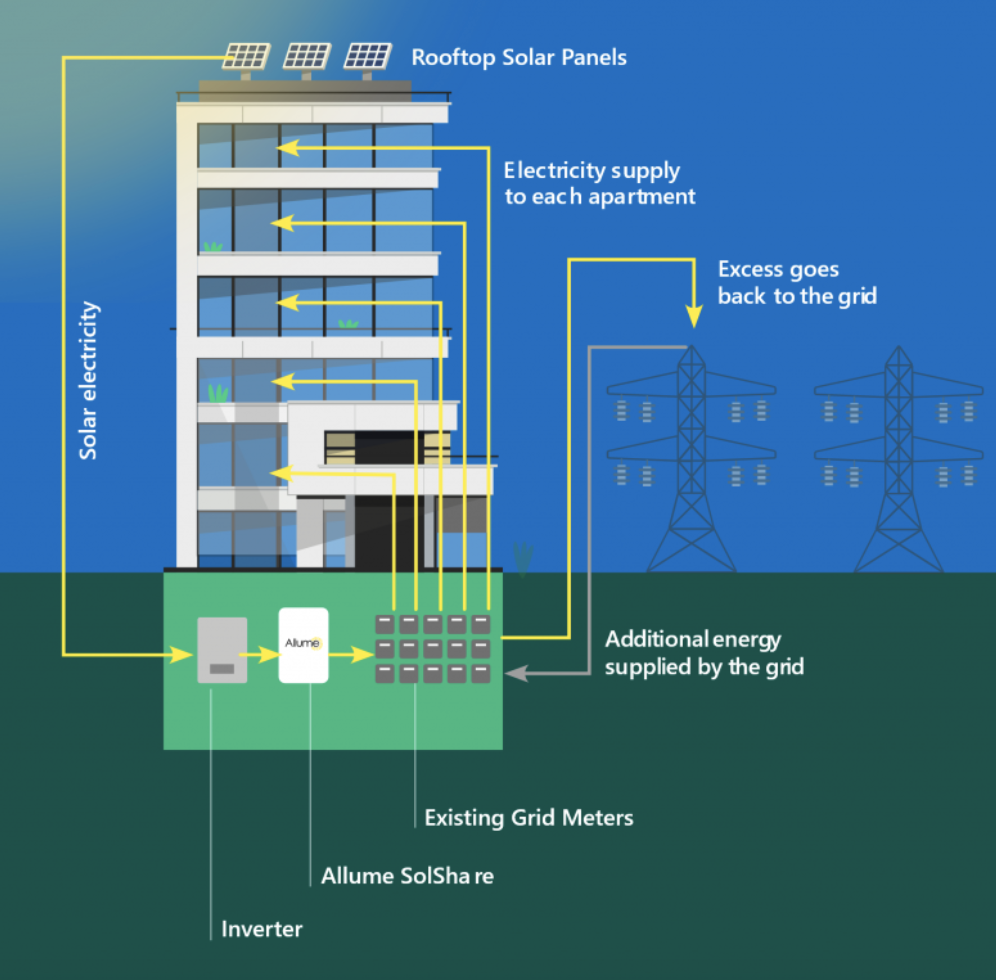
Here’s how SolShare works: Energy from a rooftop solar array flows into the building’s inverter that changes the energy to AC electricity. The inverter sends the electrical current through the SolShare unit to grid meters that are hooked up to apartments. (One SolShare unit can feed up to 10 grid meters.) The electrical distribution moves among the grid boxes several times per second, so when one meter is configured with limits for a particular tenant, the incoming energy gets allocated to the other meters. Any overflow can be sold back to the local energy grid.
Melissa Bergsneider, an executive account manager for Allume Energy, explains that prior to the introduction of the SolShare solution, most landlords were distributing solar energy only to their buildings’ common areas, like a lobby or gym. Those that have been delivering solar energy to apartments were faced with the challenge of how to divide the energy if, for example, a tenant goes on vacation, or an apartment unit is vacant.
SolShare, on the other hand, is “behind the meter,” and its software lets tenants monitor the energy usage. Landlords can still set the rules for how solar energy is allocated throughout the building. One of the advantages of this system, she says, is that it can connect as many apartments as needed. And unlike other so-called “social” solar systems, SolShare provides solar energy at the point of generation rather than exporting it back to the grid.
Allume Energy, which has been in business since 2015, has found that SolShare is reducing tenants’ energy bill, on average, by 30-35%. Bergsneider says that some landlords have been offering Solar as a Service, and are charging tenants a monthly fee for access.
Tax credit boosts demand
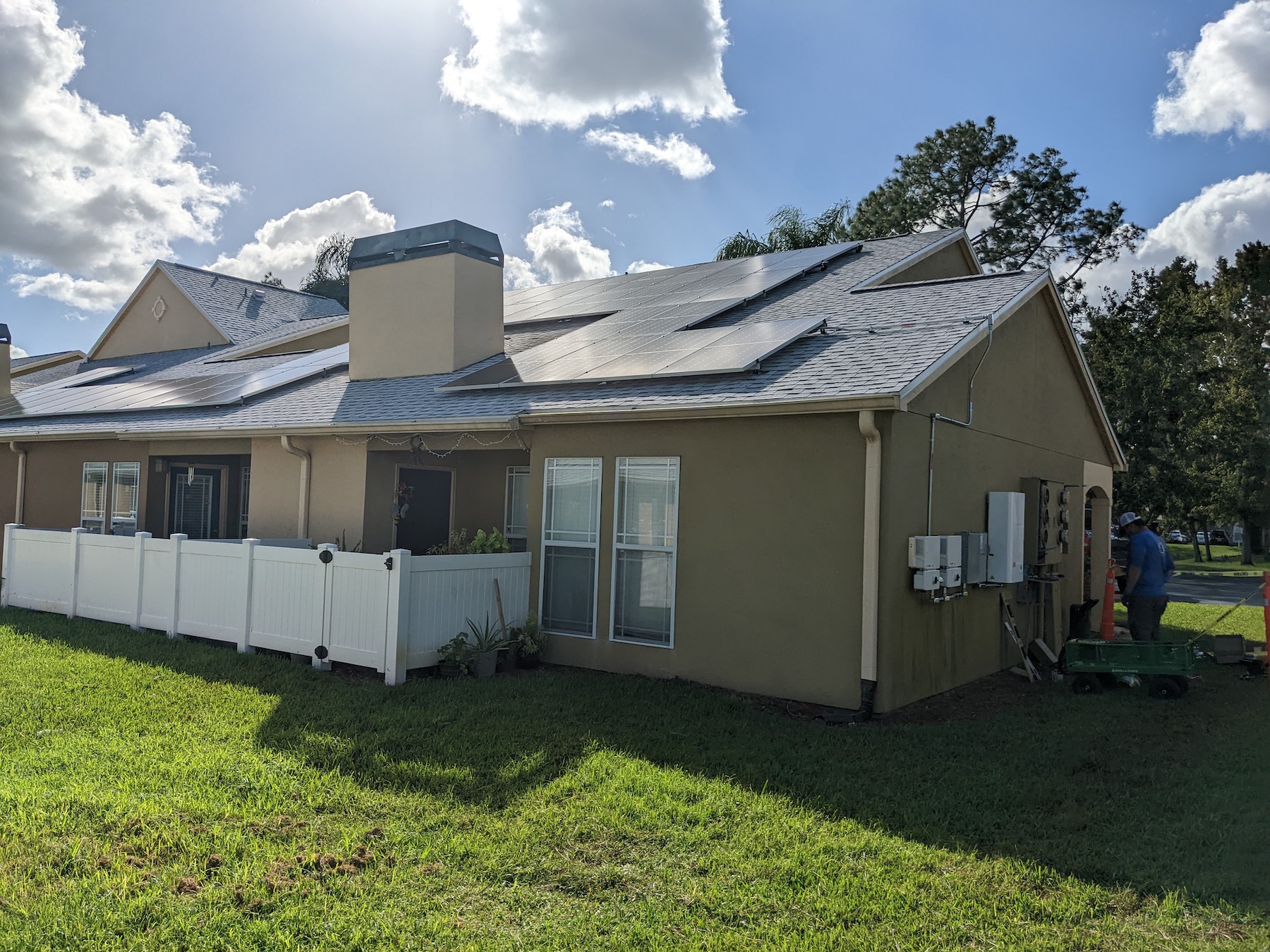
Bergsneider declined to disclose SolShare’s cost. She does note, though, that on past projects, SolShare accounted for between 6% and 8% of the total system installation.
Allume Energy’s primary target is low-rise attached rental houses, although it has installed SolShare in mixed-use buildings with commercial tenants. Most of SolShare’s demand is for retrofitting existing buildings, and Allume has been working with solar installation partners; the company has a training program, and a team member is on site for each installation.
Bergsneider attributes demand to the Solar Investment Tax Credit, which offers a 30% credit for individuals installing solar systems on residential properties. This tax credit was extended as part of the August 2022 passage of the Inflation Reduction Act. Bergsneider says there’s a 20% “adder” credit for properties with lower-income residents.
SolShare also helps developers and landlords decarbonize their buildings as part of their Environmental, Social, and Governance goals.
Currently, Allume Energy is focusing its expansion on the Southeast in the U.S. It has also been getting interest for SolShare from building owners in the Northeast and West Coast. Internationally, Allume Energy is targeting Australia, New Zealand, and the United Kingdom.
Related Stories
Multifamily Housing | Feb 24, 2016
Senior housing sector experiences record-setting year, says CBRE
Senior housing occupancy is at its highest level since 2007, and 2015 was a record year for sales and institutional transactions, according to CBRE.
Industry Research | Feb 22, 2016
8 of the most interesting trends from Gensler’s Design Forecast 2016
Technology is running wild in Gensler’s 2016 forecast, as things like virtual reality, "smart" buildings and products, and fully connected online and offline worlds are making their presence felt throughout many of the future's top trends.
Multifamily Housing | Feb 10, 2016
Miami review board recommends approval for Arquitectonica’s top-heavy condo tower
The 57-story Elysee Miami will offer residents impeccable views and plenty of amenities.
Multifamily Housing | Feb 5, 2016
Design guidelines for retail space in NYC affordable housing projects released
Aimed at designing efficient, flexible ground-floor space.
Multifamily Housing | Feb 2, 2016
10 top bathroom design trends for 2016
Floating vanities, tricked-out showers, and freestanding tubs highlight the top bathroom design trends, according to a survey of kitchen and bath design professionals by the National Kitchen and Bath Association.
Multifamily Housing | Feb 1, 2016
Top 10 kitchen design trends for 2016
Charging stations, built-in coffeemakers, and pet stations—these are among the top kitchen design trends for the coming year, according to a new survey of kitchen and bath designers by the National Kitchen & Bath Association.
Codes and Standards | Jan 22, 2016
Treasury Dept. will start crackdown on illicit money in luxury real estate
The move is expected to impact high-end condo development.
| Jan 14, 2016
How to succeed with EIFS: exterior insulation and finish systems
This AIA CES Discovery course discusses the six elements of an EIFS wall assembly; common EIFS failures and how to prevent them; and EIFS and sustainability.
Multifamily Housing | Jan 8, 2016
Manager of New York’s first micro-unit development inks pact with ‘personal butler’ service
The co-living platform Ollie is leasing its initial building, in New York, with housekeeping and grocery shopping available via Hello Alfred.
Urban Planning | Jan 4, 2016
The next boomtown? Construction and redevelopment sizzle in San Diego
The city's emission-reduction plan could drive influx into downtown


